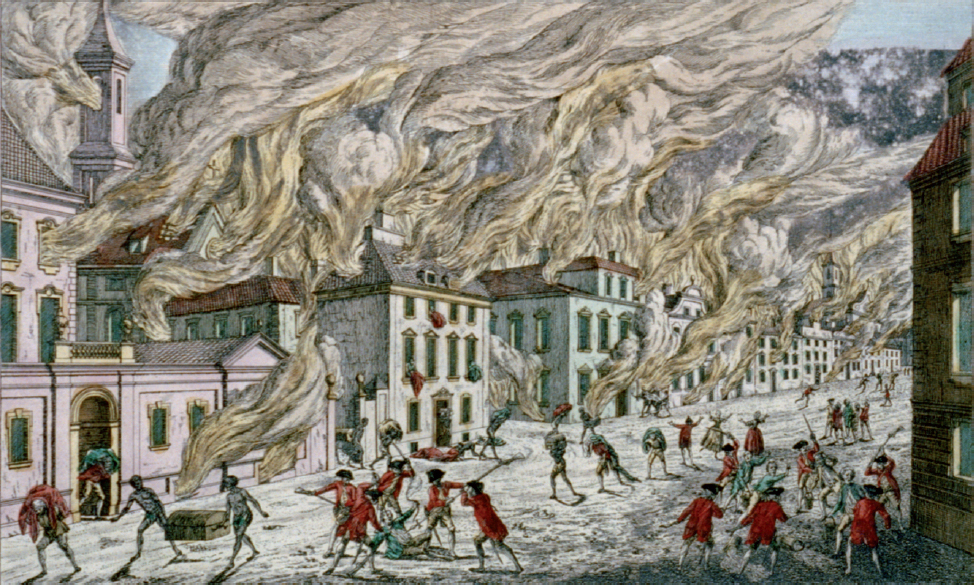Exploring American Histories: Printed Page 170
Exploring American Histories, Value Edition: Printed Page 146
Patriots Prevail in New Jersey
The Continental Army had not gained a single military victory between July 1776, when the colonies declared independence, and December. Fortunately for Washington, Howe followed the European tradition of waiting out the winter months and returning to combat after the spring thaw. This tactic gave the patriots the opportunity to regroup, repair weapons and wagons, and recruit soldiers. Yet Washington was not eager to face the cold and discomfort of the winter with troops discouraged by repeated defeats and retreats.
Camped in eastern Pennsylvania, Washington discovered that General Howe had sent Hessian troops to occupy the city of Trenton, New Jersey, just across the Delaware River. On Christmas Eve, Washington crossed the river with some 2,500 soldiers and attacked Trenton. The Continentals quickly routed the surprised Hessians. Then they marched on Princeton, where they battled three regiments of regular British troops, defeating them on January 3, 1777. The British army retreated from New Jersey, settling back into New York City, and the Continental Congress returned to Philadelphia. By January 1777, it seemed clear to both sides that the conflict would indeed be harder, more costly, and more deadly than anyone had imagined in the spring of 1775.
